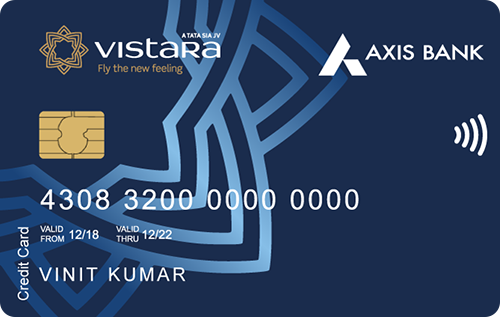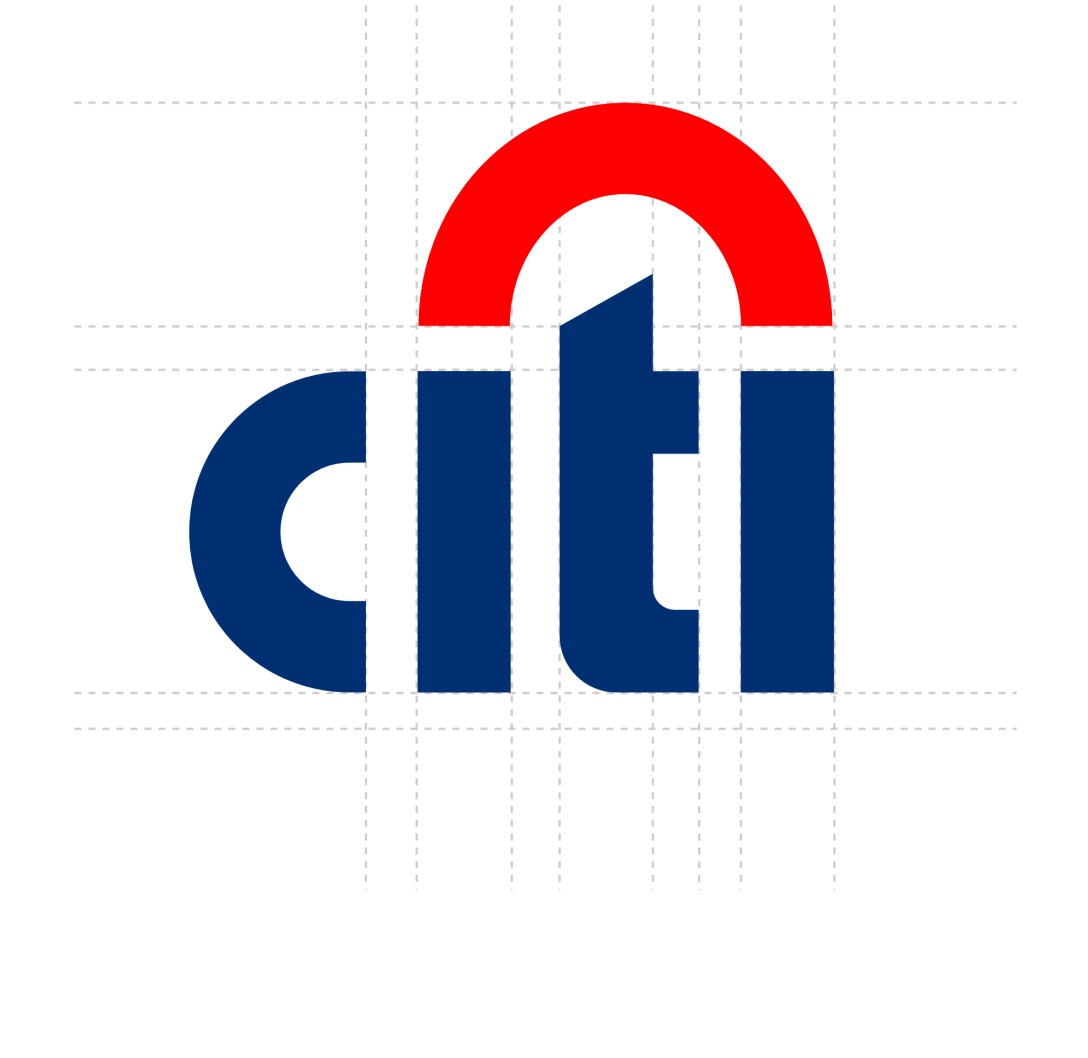Credit cards have become an integral part of modern financial transactions. These small plastic cards offer convenience, flexibility, and various benefits, but they also come with responsibilities and potential risks. To make the most of credit cards, it’s essential to understand the basics.
How Credit Cards Work:
A credit card is essentially a short-term loan that allows you to borrow money for purchases. When you make a purchase with your credit card, you’re essentially borrowing money from the card issuer, often a bank or financial institution. You’re expected to pay back the borrowed amount, usually within a billing cycle, to avoid interest charges.
Credit Limits:
Every credit card comes with a credit limit, which is the maximum amount you can charge on the card. This limit is determined by the card issuer based on your creditworthiness, income, and other factors. It’s important not to exceed your credit limit, as this can lead to penalties and negatively impact your credit score.
Monthly Statements:
Credit card companies send monthly statements that detail your transactions, outstanding balance, minimum payment due, and payment due date. It’s crucial to review these statements carefully to track your spending and ensure accuracy.
Interest Rates:
Credit cards can have varying interest rates, typically expressed as an annual percentage rate (APR). If you don’t pay your balance in full by the due date, you’ll be charged interest on the remaining balance. It’s advisable to pay off your balance in full to avoid interest charges.
Credit Score Impact:
Responsible credit card usage can positively impact your credit score, which is essential for various financial transactions. However, missing payments or carrying a high balance can harm your credit score.
Rewards and Perks:
Many credit cards offer rewards, such as cashback, travel miles, or discounts. Choosing a card with benefits that align with your spending habits can be a smart financial move.
In conclusion, understanding the basics of credit cards is crucial for making informed financial decisions. When used responsibly, credit cards can be a valuable tool for building credit and managing your finances. However, it’s important to use them wisely and within your means to avoid debt and financial stress.













